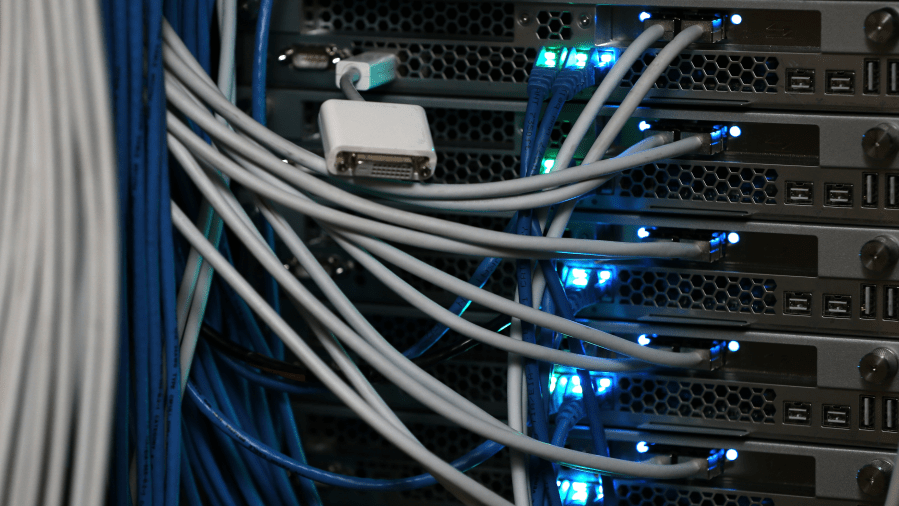The FCC is poised to expand tribal broadband. It’s acutely needed. (rerun)

On this Martin Luther King Jr. holiday, we’re revisiting an episode that originally aired Oct. 26, 2021, looking at efforts to get equitable internet access on tribal lands.
For many people, the only place to get access to the internet is at the library. And that’s a problem for many tribal libraries which are excluded from federal broadband subsidies because they don’t technically fit the Federal Communications Commission’s current definition of a “library” for its “E-rate” program.
The FCC has proposed expanding its definition to include tribal libraries and is set to discuss that amendment at its open meeting on January 27th.
Marketplace reporter Savannah Maher covered this story. I asked her to explain why tribal libraries are being left out. Below is an edited transcript of our conversation.
Savannah Maher: E-Rate is an FCC program that helps libraries and schools afford internet access. And the definition of a library for the purposes of this program is an academic library, a research library or a public library. And tribal libraries, most of them just don’t fall into any of those categories. It might house the tribal archives or it might be a repository for different cultural objects, sort of like a museum in that way. So for all of these reasons, they just don’t fit the definition of a library under the FCC rules. And right now, in order to become eligible for E-Rate, these libraries need to be designated as libraries by the state librarian in whatever state they are surrounded by.
Kimberly Adams: Do you have a sense of how many people rely on these tribal libraries for their only access to the internet?
Maher: You know, it can be totally different from one reservation to another. But in some places, the tribal library truly is the only place where you can get public free access to the internet. Like I reported for a few years on the Wind River Reservation in Wyoming, where the public Wi-Fi was really difficult to find. About a third of people had access to the internet in their homes on Wind River. You could either drive to a border town, which could be like a 30 or 40 minute drive, or you could go to the library at the tribal college. And so that’s a pretty big portion of the population on a place like windriver that really relies on the tribal library.
Adams: What are you hearing from the librarians? Are they excited?
Maher: Well, actually, I’m hearing sort of mixed responses, that this is a really important step for tribal libraries to be explicitly included in this program. But it’s not the only barrier. If you’ve got one part time employee that is running your library, serving patrons and keeping the library afloat, that librarian probably doesn’t have a whole lot of time to apply to a program. And then once you do get the grant, there’s all of the compliance paperwork that you have to keep up with, which is just a lot if your institution only has one person or a handful of people working for it.
The future of this podcast starts with you.
Every day, the “Marketplace Tech” team demystifies the digital economy with stories that explore more than just Big Tech. We’re committed to covering topics that matter to you and the world around us, diving deep into how technology intersects with climate change, inequity, and disinformation.
As part of a nonprofit newsroom, we’re counting on listeners like you to keep this public service paywall-free and available to all.
Support “Marketplace Tech” in any amount today and become a partner in our mission.

















